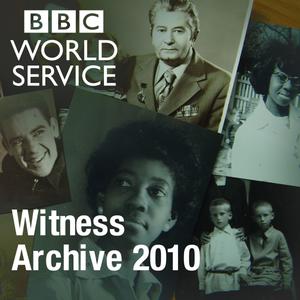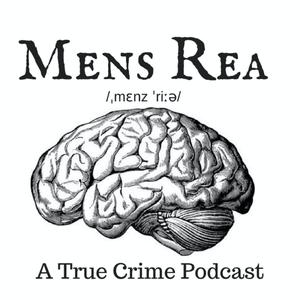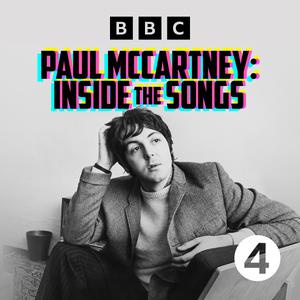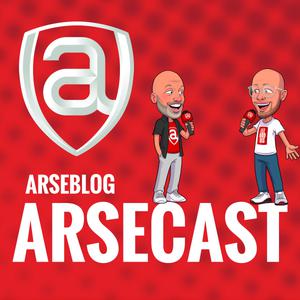
Witness History: Archive 2010
BBC
The story of our times told by the people who were there.
- 9 minutes 10 secondsAlbert Luthuli Receives the Nobel Peace Prize
When Chief Albert Luthuli won the Nobel Peace Prize he was living under a banning order in rural South Africa. His daughter Albertina talks to Witness. Also listen to archive recordings of his acceptance speech.
He won the prize for advocating peaceful opposition to the Apartheid regime in South Africa.
Picture: Albert Luthuli receives the Nobel Peace Prize in 1960, Credit: Keystone/Hulton Archive
5 October 2013, 12:00 pm - 8 minutes 57 secondsJamaica Slave Rebellion
*** Contains descriptions that some listeners may find upsetting ***
Enslaved Africans are forced to work in sugar cane fields - the hours are long and there are frequent, brutal punishments. They have endured these conditions for 200 years.
By 1831 the anti-slavery movement is gathering pace and the slaves decide to take action - by going on strike.
Samuel Sharpe became a Jamaican national hero as he led the island's slaves in a rebellion against the overseers and sugar plantation owners.
The rebellion was brutally crushed, but over time, the rebellion had a significant impact - and two years later in 1833 the Slavery Abolition Act is passed.
Picture: Making sugar in Jamaica, Credit: HultonArchive/Illustrated London News/Getty Images
1 October 2013, 4:00 pm - 9 minutes 7 secondsChiapas Uprising
People in the Chiapas region, led by the charismatic, ski-mask wearing, sub-commandante Marcos, rose up against the Mexican state. They called themselves, Zapatistas.
31 December 2010, 9:10 am - 9 minutes 2 secondsHamlet
The play Hamlet can tell us a great deal about the time in which it was written.
At the turn of the 16th century England was faced with many of the problems which plague its hero.
30 December 2010, 9:18 am - 9 minutes 1 secondAssad and Syria
Hafez al Assad was the Syrian Defence Minister in the winter of 1970 when his struggle for power came to a head. His former friend, the hardline Baathist, Salah Jadid, was jailed for life.
29 December 2010, 9:29 am - 9 minutes 24 secondsThe Great Escape
The film, The Great Escape, has become an all-time favourite. It is about a mass breakout from a German prison camp during World War 2. Flight Lieutenant Ken Rees, who died in August 2014, took part in the real-life escape effort, and talked to us about the escape.
28 December 2010, 9:07 am - 9 minutes 8 secondsChristmas Truce
For several days over Christmas in 1914 the fighting stopped on the battlefields of the First World War.
British and German soldiers left their trenches to sing carols, exchange gifts and even play football.
With archive recordings from the BBC and testimony from the Imperial War Museum.
Image: British and German troops make a Christmas and New Year truce at the Western Front, Credit: Hulton Archive/Getty Images
24 December 2010, 9:29 am - 9 minutes 13 secondsAndrei Sakharov
The nuclear physicist and human rights activist Andrei Sakharov had spent seven years in internal exile in the Soviet city of Gorky.
His return marked a change in attitude towards dissidents under the rule of Mikhail Gorbachev.
23 December 2010, 9:13 am - 9 minutes 8 secondsGeorgia in crisis
Christmas 1991 was a difficult time for the former Soviet republic of Georgia.
Economic and political difficulties crippled the government.
Armed men roamed the streets of the capital Tbilisi, looting and fighting.
22 December 2010, 9:43 am - 9 minutes 8 secondsLockerbie
On December 21 1988 a US passenger plane blew up over Scotland.
Pan Am flight 103 was heading for the USA when a bomb exploded on board, killing all the passengers and crew.
The wreckage of the plane fell on the small town of Lockerbie in the Scottish borders.
Witness hears from one man who lived through that night in Lockerbie.
21 December 2010, 9:30 am - 9 minutes 6 secondsUS invasion of Panama
On 20 December 1989 more than 20,000 US soldiers descended on Panama.
General Manuel Noriega - the country's leader - sought refuge with the Papal Ambassador.
Witness hears from a young man drafted in to help communicate with the US troops.
20 December 2010, 9:30 am - More Episodes? Get the App
Your feedback is valuable to us. Should you encounter any bugs, glitches, lack of functionality or other problems, please email us on [email protected] or join Moon.FM Telegram Group where you can talk directly to the dev team who are happy to answer any queries.
 Rolling Stone Music Now
Rolling Stone Music Now
 Mens Rea: A true crime podcast
Mens Rea: A true crime podcast
 Broken Record with Rick Rubin, Malcolm Gladwell, Bruce Headlam and Justin Richmond
Broken Record with Rick Rubin, Malcolm Gladwell, Bruce Headlam and Justin Richmond
 Paul McCartney: Inside the Songs
Paul McCartney: Inside the Songs
 Great Lives
Great Lives
 Arseblog Arsecast, The Arsenal Podcast
Arseblog Arsecast, The Arsenal Podcast